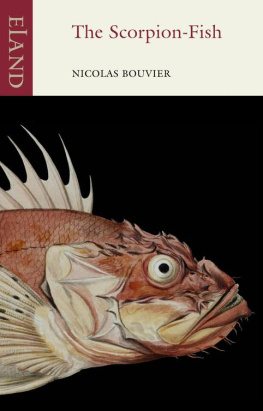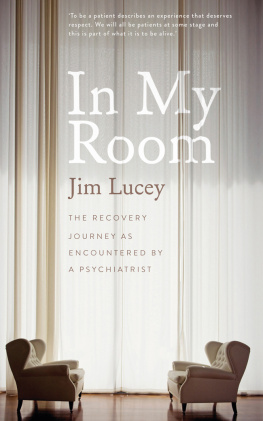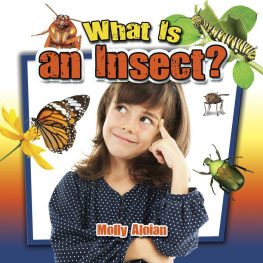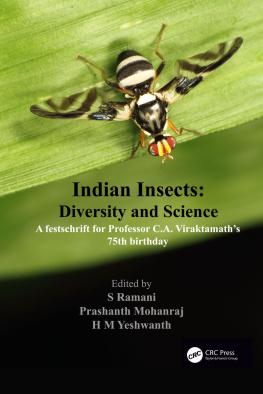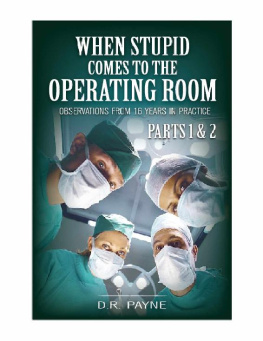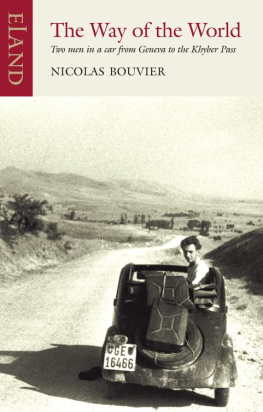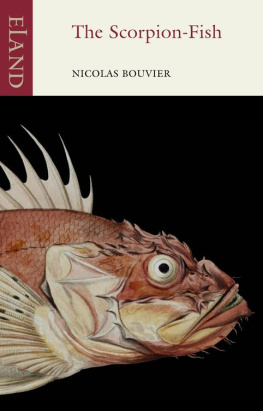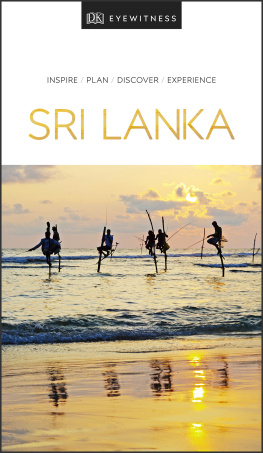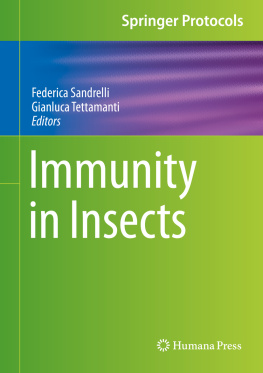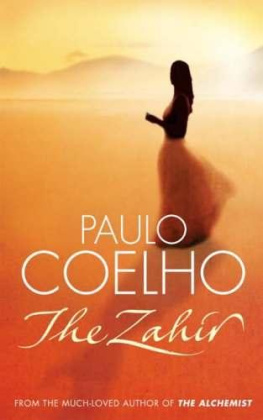To Eliane
Thomas
Manuel
and to Claude Debussy
this old, old story
Contents
All the same, you cant just come and go without breathing a word
Kenneth White
The One was born of heat and
in Him awakened love, the
first seed of awareness.
The Rig Veda
T he sun and I had been up a long time when I remembered that it was my birthday, and that in the last of the bazaars Id come upon the previous evening, Id bought a melon. I made myself a present of it, scraped it down to the rind, and washed my sticky face in the dregs of tea from my flask.
I had fallen asleep at once, beside the car under a solitary pipal tree, facing the yellow dunes which border the Adam Strait, and the sea flecked with white horses. It had been a wondrous voyage down India. Today I would leave the continent I loved so much. The morning, rich with expectations, was lighter than a bubble. To all its suggestions, my answer was: yes. I packed my bag mechanically, watching the slender black figures in wisps of crimson, bustling around a small sugarcane mill a stones throw from my bivouac. A girl dressed in a sarong of the same red brought them some food. I shaded my eyes the better to see her magnificent bare breasts in the sputtering light. Above the surf I could hear warm, quick voices and the grating of wooden calenders. Time stood still. In this graceful patterning of echoes, reflections, shadows of dancing colour, there was a supreme and transient perfection, a music I recognized. Whatever we mean when we speak of Orpheus and his lyre, Krishna and his flute; something clear, natural, simple; the return to ancient springs. Once you have heard it, you always yearn to hear it again.
Sixty kilometres from the Cape the road suddenly comes to an end in the sand, like someone breaking off a sentence. Then you notice a wooden shack, so unlike a station that no guide ever mentions it. And a small narrow-gauge train, all hardwood and brass, shining like a cauldron from the passengers little cigars, and the constant rubbing of hands and buttocks. My neighbours: all black, seasonal workers from Madras going down to the plantations on the Island, squatting amidst their bundles of flowery cloth, faces framed by their stork legs. As I didnt take up much room or crush their belongings, the boldest of them asked me in English if I were an Indian from Nepal. India is so vast seventeen alphabets, more than three hundred dialects that you can never be sure. And I was tanned, salty as a chip, a bit shrivelled with jaundice too. Even before I could reply, they forgot about me. They all assumed the same vacant, docile expression because the frontier was approaching, and they had to cross it with out-of-date, illegal papers, sealed in sweat. At the Cape Comorin terminus they made their way in columns of four to the huts, hazy in the midday heat. Like them I joined the queue for a visa. Craning my head I saw in the sheds blue shadow a Tamil nurse, busy vaccinating the throng with a graduated syringe as big as a babys bottle. For each client he changed the needle and injected whatever dose he thought appropriate. No shot, no visa. I certainly didnt need one, but what was one more vaccination set against an argument with a southern Indian official? The colour of my eyes indicated that I was a foreigner, and so I wouldnt complain afterwards the nurse gave me a large helping, three times my neighbours dose. With serums as with money, the rich get richer. Ten years immunity at least. Against what? I didnt care. I had two years on the road in my veins, and happiness makes you over-confident. I still had to learn what against, little by little.
The brochures tell you that the Island is an emerald hung on the neck of the subcontinent.
The Arcadia of Victorian honeymooners, for whom it was a must. A paradise for entomologists. A chance to see the rayon vert when the last ray of the sunset appears to turn green, and secret sympathies are revealed at an attractive price.
So far so good. But three thousand years before Baedeker, early Aryan rites were rather more hermetic. The island is the home of magi, enchanters, demons. A dusky gem risen from the ocean deeps, under the influence of perturbing planets. Many references to it are prudently prefaced and ended with this formula:
poison of the ichneumon
and of the moray
and of the scorpion
turned towards the South
thrice I reduce you to water.
We shall see.
T he dirt road to Murunkan winds down between reservoirs built by ancient dynasties. The trees that got the better of this curious arrangement of tanks and locks have long since died, and today their polished skeletons gesticulate above black waters. Here and there a mauve patch of bougainvillea flutters in the midday haze. Its not enough to compose a landscape: this stretch of shattered mirrors, silenced, tarnished, suggests the pit of memory, or a finger placed on an invisible mouth.
Because of the ruts I was driving very slowly. Waterturtles on mossy stones raised their flat heads to see the car go by. In an hour I had only come across one scrawny peasant trotting along the verge, his feet splayed out, carrying on his head a green fruit that stank so richly, was so grotesquely shaped, that I wondered if it was some kind of crude fake, or a comic prop. I thought Id lost my way and was about to turn round when, through the sweat pricking my eyes, I saw a flash of silver borne by a figure planted purposefully in the middle of the road. He was a big fellow, out of breath, with hair sprouting from his ears, in the impeccably pressed uniform of a customs officer. Rolling his eyes, he asked if I was going to Negombo. He was carrying a swordfish in his arms, still shimmering, heavy enough to make him sag at the knees. Without waiting for a reply, he dumped it in the back of the car. I kept a great Nepalese sabre there, which he nonchalantly began to finger.
Strict-ly-for-bid-den-to-have-this-kind-of-weapon-on the Island, he intoned, in that southern accent which dices up English words ready for frying. To this tactless opening gambit, I retorted that it was also forbidden to get into my car with a huge, smelly fish which hadnt been paid for. After two years in Asia I had begun to form my own ideas of how customs officers lined their pockets. It would have taken more than words to dislodge this one. He was quite content with my little joke, favoured me with an indulgent smile, and busied himself importantly with settling into the passenger seat. It did not even creak. The impression of bulkiness he gave derived more from his inflated opinion of himself than from his actual weight. He adjusted the rear-view mirror so that he could straighten his parting with a pocket-comb. I wasnt entirely sorry to have this smug man in my hands, and without more ado told him exactly what I thought of his colleagues on the mainland: incompetent pests, parasitic, lavish with their stupidity even stupidity should be used carefully and with those useless forms you found cut up for toilet-paper an hour after filling them in. As I ranted on, I glanced at him out of the corner of my eye. He nodded: wholly self-absorbed, he had heard nothing at all. Only the words customs officer had got through.
Youre quite right, he said, truly excellent lads. Youll see theyre even better here: all neat, well fed, respectful.
Modesty prevented him from citing himself as an example, but did I realize my luck in meeting a person of his quality and on my very first day on the Island! He was bowled over by my good fortune. Had anyone told me I was born lucky? In the living quarters he shared with his colleagues and their families, his wife a stunner he declared in passing would prepare me a curry I would remember if I lived to be a hundred. His English was like him, pompous, inflated, periphrastic. I thanked him for his generosity, adding that while I liked curry, southern curry was a bit too spicy for my palate. He took as much notice of this as of my previous declaration.

